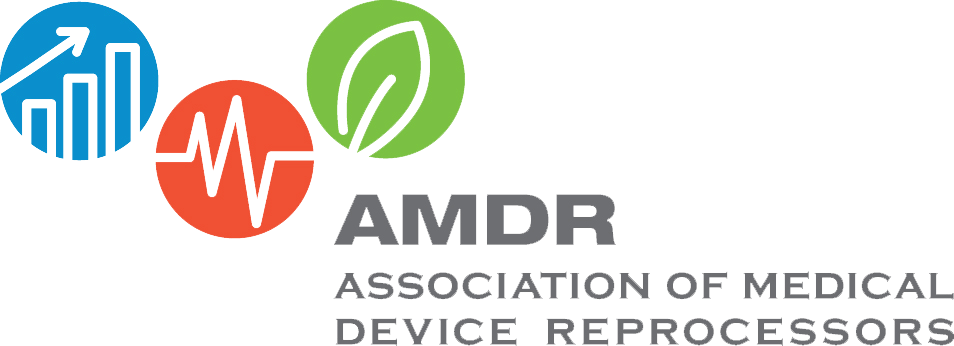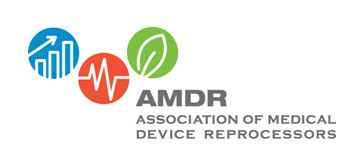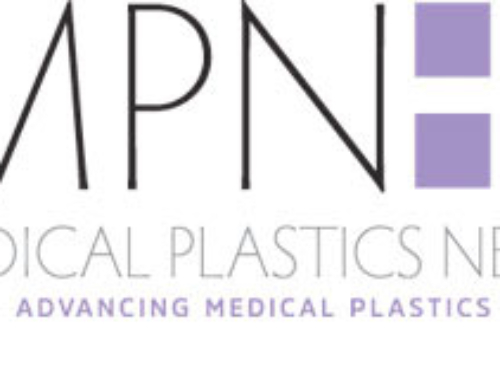The Association of Medical Device Reprocessors (AMDR) is the global trade association
representing the interests of regulated, commercial medical device reprocessing companies. We
respectfully submit these comments in response to the above-referenced docket. We provide
answers to questions 1,-3 and 8-11. Though, as many concepts have considerable overlap, we
opted to provide a short list of our recommendations below.
We also attach a background document (The Reprocessing Solution: Reducing Greenhouse Gas
Emissions and Lowering Healthcare Costs) that offers foundational information about the
existing, regulated use of reprocessed “single-use” devices (SUDs) in over 10,000 hospitals in the
US, Canada, in a number of EU countries, the UK, and Japan.
FDA has cleared over 300 types of devices (consisting of thousands of models) to be
reprocessed: devices that are labelled by their manufacturer for “single-use,” but can safely be
collected, shipped, traced, cleaned, tested, disinfected/sterilized, repackaged, returned to
hospitals, and re-used – without the clinician having to change treatment approach or device
preference. Although our members report that they reprocessed nearly 32 million devices to
hospitals in 2020, we know this to represent a small fraction of the number of devices that could
be reprocessed and put back into a safe regulated, circular economy for healthcare products.
FDA has exerted its oversight authority over this practice for 22 years. All reprocessed SUDs
must be cleared or approved as safe and effective, meeting the same requirements as originally
marketed devices. With over 20 years of reprocessing programs at thousands of American
hospitals, there is no known increased risk to patient safety. In fact, FDA and independent data
indicate that reprocessed devices may fail less because faulty, new devices are discarded and
removed from the reprocessing stream and because reprocessors test or inspect every device . . .









